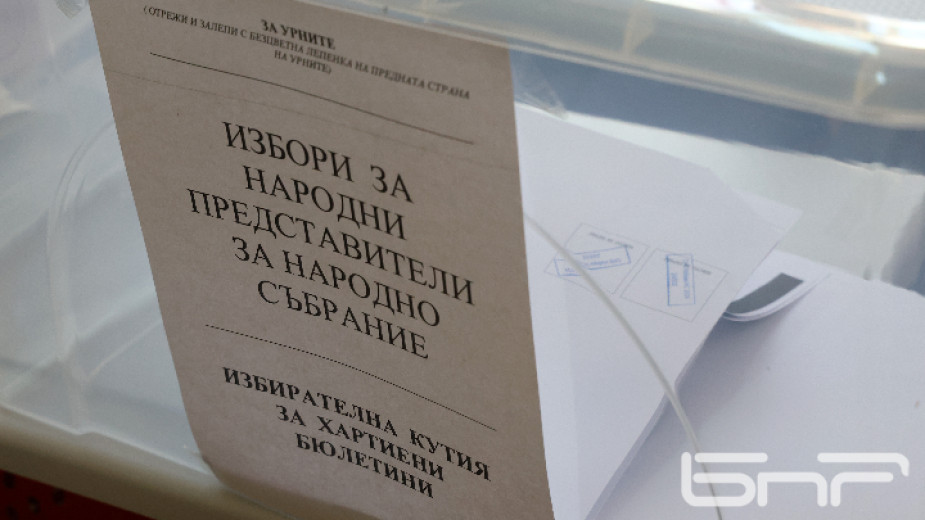Reich (2013) discusses the problems and hardships of migrants in their new home using the fate of a Rroma family from Romania who emigrated to Berlin Rroma. The author estimates the number of Romanian and Bulgarian Rroma in Berlin, although she de facto talks only about Romanians and Bulgarians, to around 22,000, and not a few are living in their cars. Many families are also suspected to live in basements and attics, a larger part camps in parks. The action plan adopted by the Berlin administration to integrate foreign Rroma, is meant to improve their access to the labour market, education, health care and housing options. However, discrimination by teachers, passers-by, and the society as a whole in everyday life remains normality. Statistics paint the bleak picture of 40 % of the population who would have a problem with Rroma as neighbours.
Yordanova (2013) looks for reasons for the lagging results in terms of the integration of Rroma in the European education system. Joachim Brenner of the association the Förderverein Roma in Frankfurt am Main, that poverty among a large part of European Rroma reduces education to an afterthought, something that comes after accommodation, food, and health. At a two-day conference on the educational situation of European Rroma in Bonn, experts discussed the problems in the implementation of a better integration of this ethnic group. The Bulgarian Ilona Tomova sees a reason to the serious reservations of broad sections of the population against the Rroma. The EU funding is perceived as an unfair advantage for the Rroma: “The integration programs are very difficult to accept in Bulgarian society, because many other people – not just Roma – have no access to the labour market. Especially young and older people find difficult to get a job.” A representative of the Roma Education Fund criticized the focus of many NGOs, and schools to only solve short-term problems.
Ulrich (2013) discussed the ongoing tensions between the German Federal States and the Federal Government with regards to the integration of immigrants from Romania and Bulgaria. The federal States of Berlin demand massively more support, which is not granted by the Federal Government. The problem lies in a market-based screening of immigrants: “Since the EU accession of Romania and Bulgaria in 2007, the influx of job seekers from both countries has greatly increased. Whereas well skilled have access to the labour market, unskilled immigrants in this country fall through the grid of the welfare state. As EU citizens, they will not get assistance, such as the one granted to asylum seekers, they can work, except as a self-employed. The only benefit that they can get are child benefits.” Try to remedy this, individual Federal States such as Berlin started they own development programs. In Berlin, welcoming classes for children without knowledge of German were established. The costs for the children care, for example also in catching up on vaccinations, exceed the budget of the state by far. In addition, the concentration of many immigrants create social tensions in a place that one simply can not ignore.
- Reich, Lena (2013) Roma in Berlin: “Seit ich zwei Jahre alt bin, lebe ich im Auto”. In: Der Spiegel online vom 30.9.2013. http://www.spiegel.de/panorama/gesellschaft/roma-in-berlin-wie-es-armutsfluechtlingen-ergeht-a-924451.html
- Ulrich, Andreas (2013) Streit mit Bundesregierung: Kommunen fordern Hilfe bei Integration von Roma. In: Spiegel online vom 30.9.2013. http://www.spiegel.de/politik/deutschland/zuwanderer-aus-rumaenien-und-bulgarien kommunen-fordern-geld-vom-bund-a-925265.html
- Yordanova, Yordanka (2013) Roma und Bildung: Eine Frage des Geldes? In: Deutsche Welle online vom 27.9.2013. http://www.dw.de/roma-und-bildung-eine-frage-des-geldes/a-17119383







